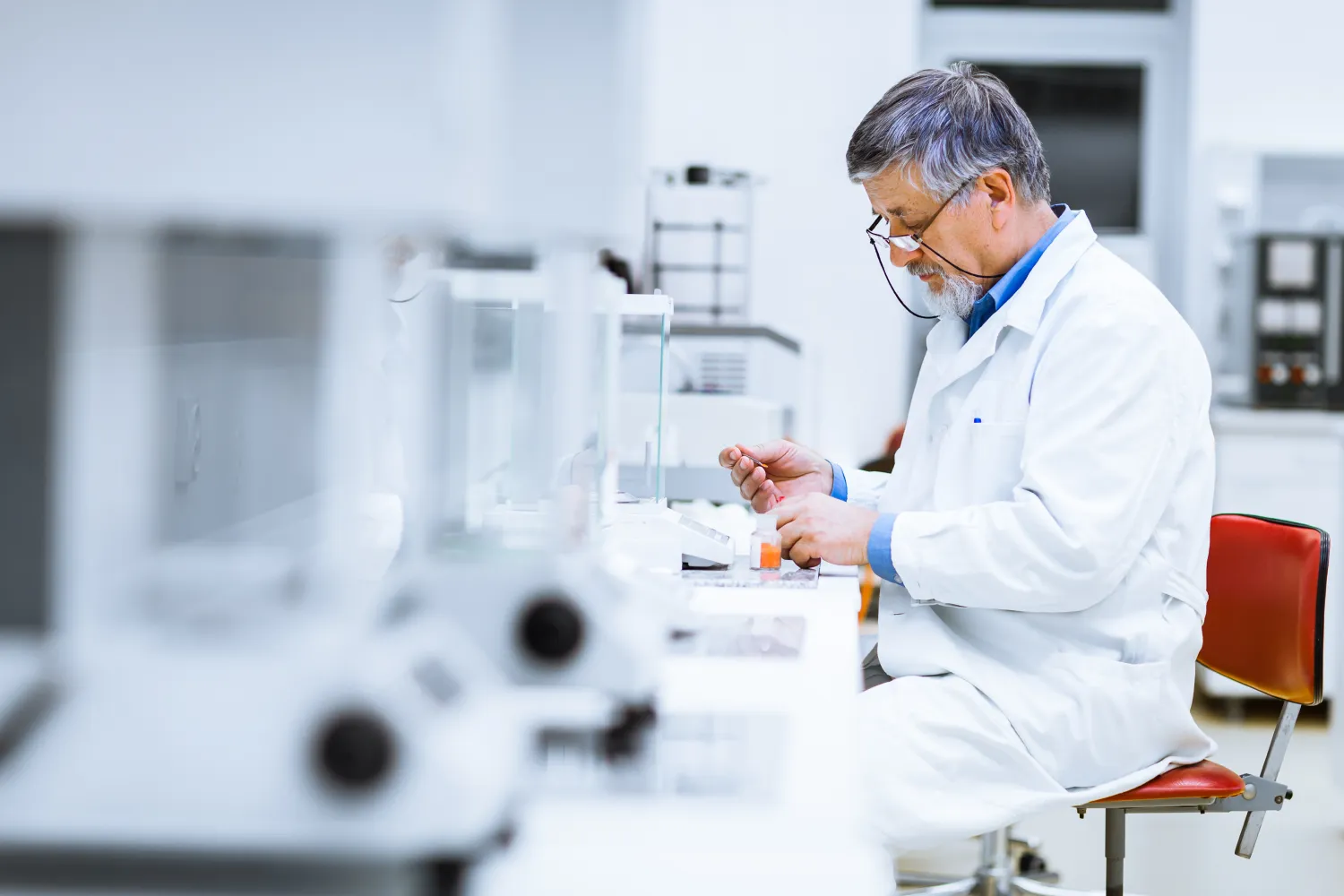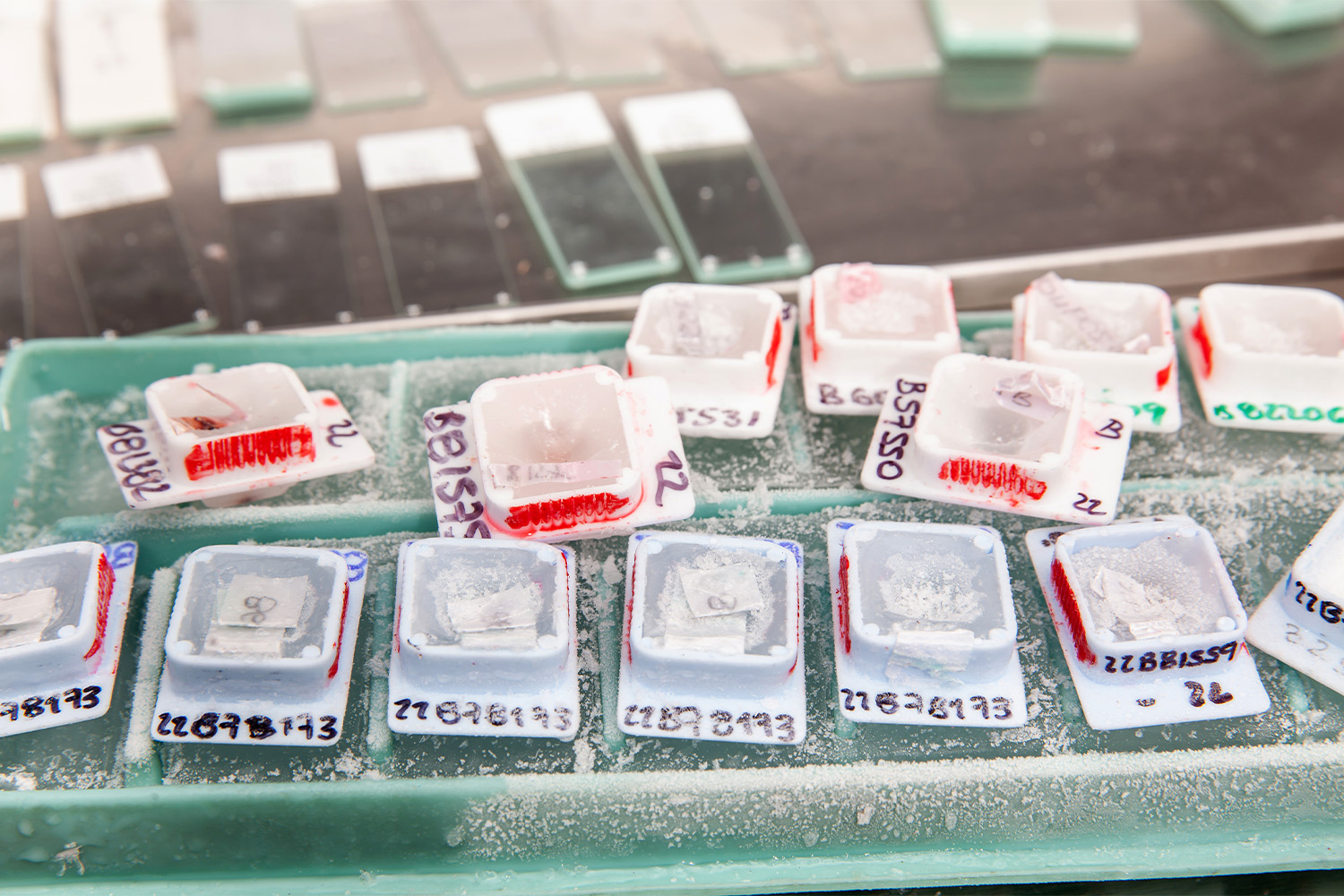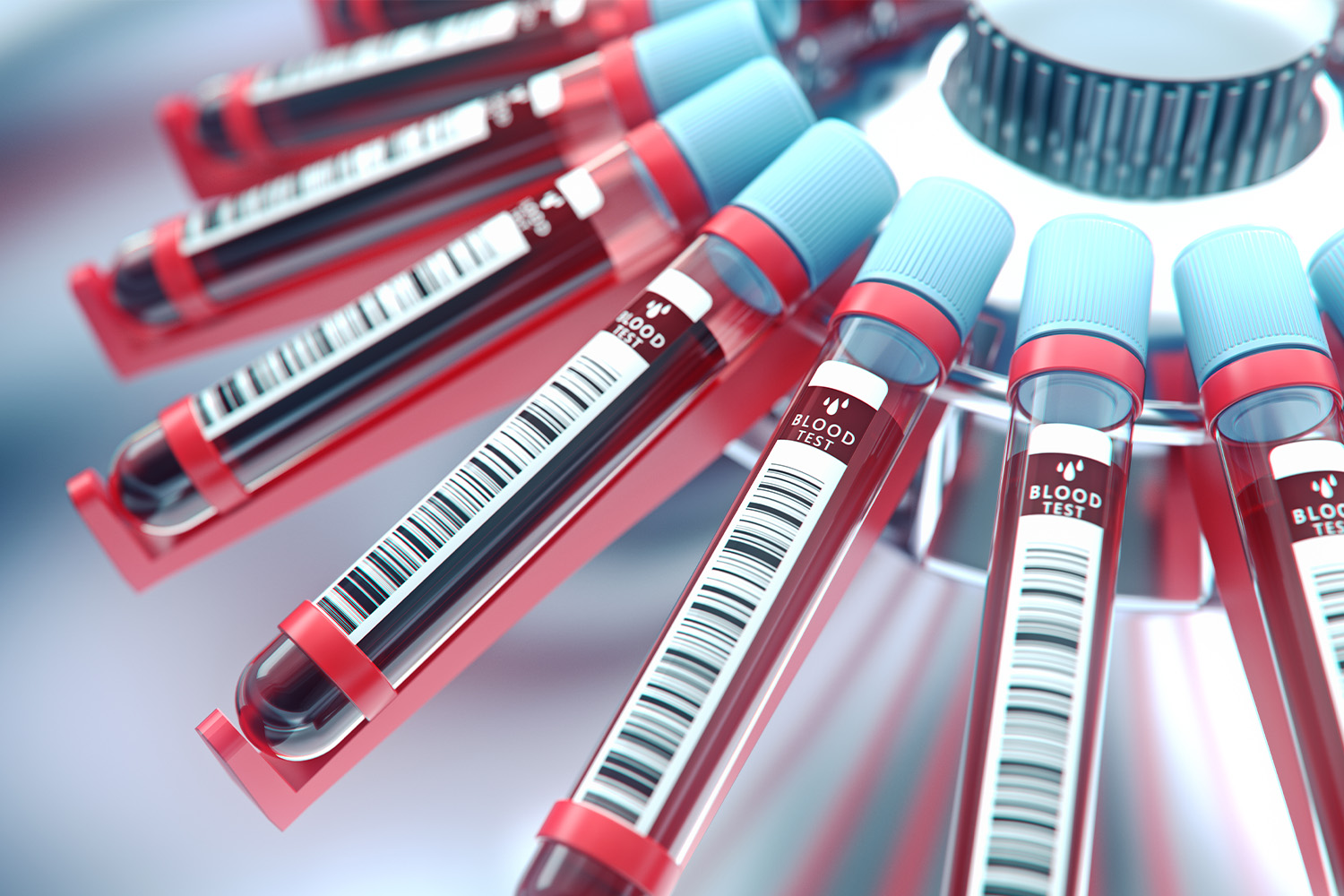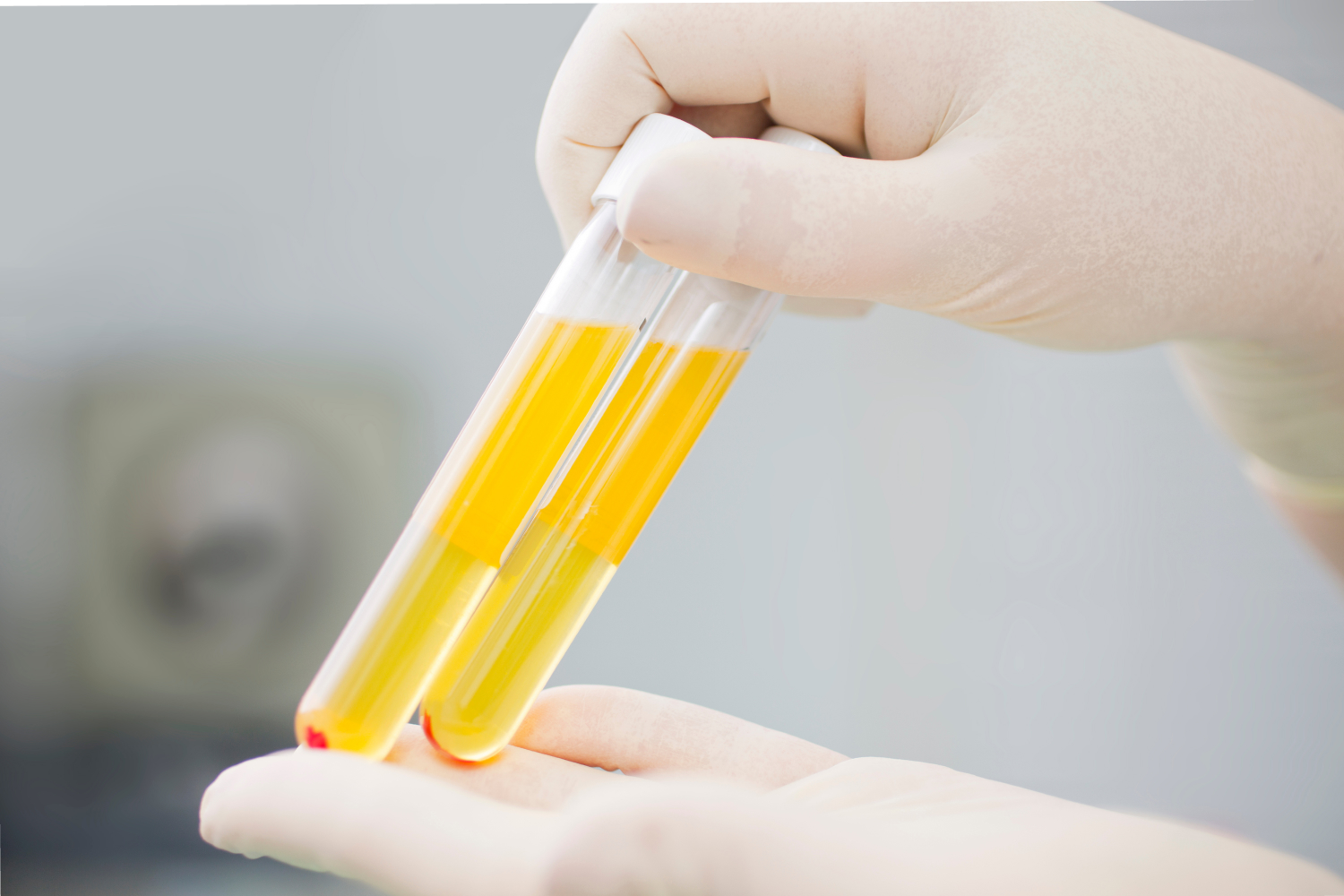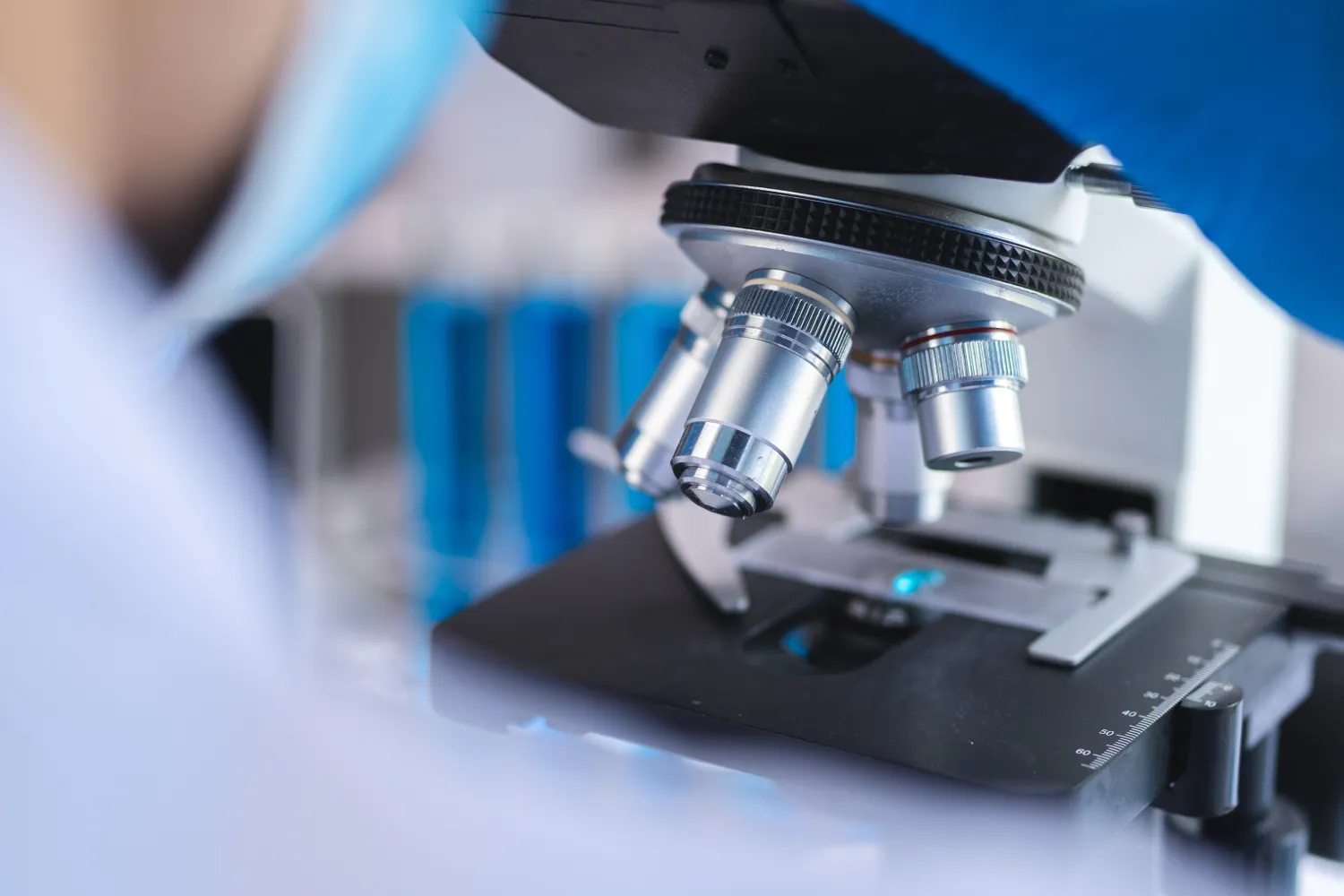Clinical research offers the opportunity to gain a better understanding of the health and medical problems facing the population. In order to conduct this research, researchers need samples of the subject matter in question.
Plasma samples are particularly useful because they can be used to explore a variety of topics, from diagnostics and treatments for diseases to understanding the effects of genetics on health.
By combining plasma samples with other forms of data, researchers are able to gain a more in-depth understanding of the biological processes at work and develop more effective treatments for a wide range of medical conditions.
Plasma samples are a valuable resource for medical research and have a number of advantages over serum samples. Since plasma contains many of the same components as serum (serum is simply plasma without clotting factors), it can provide a clear picture of the biological processes occurring in the body.
While serum samples are also commonly used in clinical research, plasma samples offer additional detail as they provide a more comprehensive picture of the individual’s blood composition.
This is because plasma samples contain a higher concentration of important components of the blood such as proteins, antibodies, and other biomarkers, that can provide greater insight into the subject matter at hand.
Other advantages include the fact that plasma samples traditionally can be processed more quickly and accurately than serum samples, making them ideal for more time-sensitive research projects.
Utilizing plasma samples for clinical research has many advantages, but it also provides additional challenges.
For example, lab tests for plasma samples are very sensitive and can be easily impacted by the environment in which they are conducted. Additionally, because plasma samples contain clotting factors, they must be carefully prepared and handled in order to prevent unintended coagulation and provide accurate, reliable results.
Plasma samples are able to be analyzed using a range of methods, providing researchers with a wealth of data to explore.
There are a variety of lab tests that can be used to analyze plasma samples, depending on the research requirements. Commonly used tests include ELISA, RT-PCR, and western blotting. ELISA is a technique used to measure the concentration of antibodies in a sample, while RT-PCR is used to detect and quantify nucleic acids.
As a top supplier of biospecimens worldwide, iProcess Global Research provides plasma and serum samples for numerous pharmaceutical, diagnostic, and research organizations. iProcess can follow even the most complex custom protocols for collection and has shipped more than 100,000 specimens from over 1,000 sites globally.
Whether you’re using plasma samples, serum samples, or both, iProcess can help deliver the quality results you need.
Contact iProcess today to learn more and request a quote.
Sources:
Sample Management: Stability of Plasma and Serum on Different Storage Conditions | PMC
